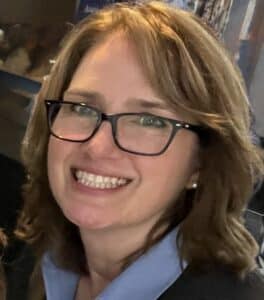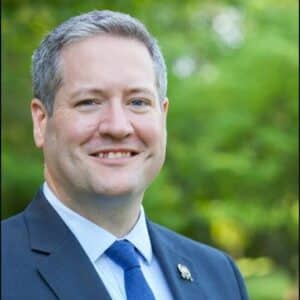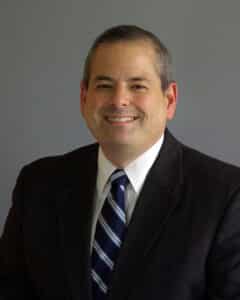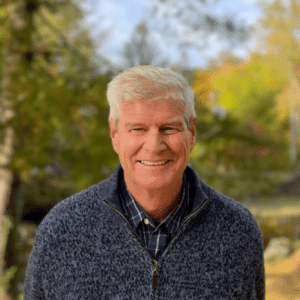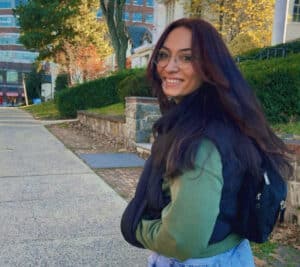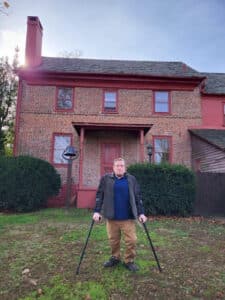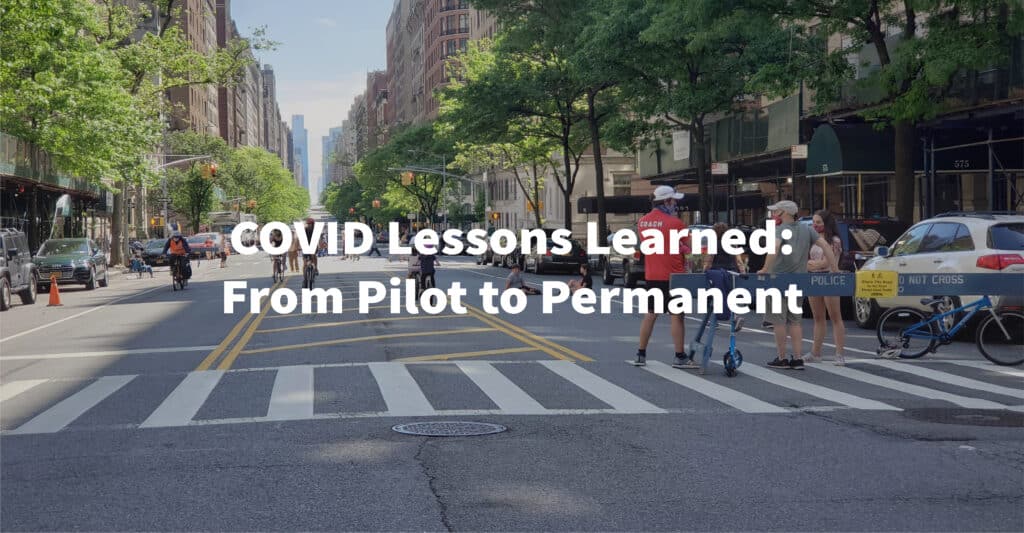
Wednesday, June 2, 4:00PM – 5:00PM
The pandemic spurred tremendous innovation in tactical approaches to expand the capacity of our streets to accommodate people and commerce more safely. These experiments validated the demand for complete streets that provide a better balance between roadway users. At the same time, many of these pilots highlighted real conflicts that need to be thought through more thoroughly if they are going to transition to permanent solutions. The session will provide advice for those looking to transition from tactical to practical implementation of complete streets.
Panelists

Courtenay D. Mercer, PP, AICP – Executive Director, Downtown New Jersey
Courtenay D. Mercer, PP, AICP is the Executive Director of Downtown New Jersey (DNJ), a non-profit education and advocacy organization centered around downtown revitalization. DNJ acts as an advocate for downtown commercial districts in New Jersey by providing information and educational opportunities, tracking relevant legislative and policy initiatives, providing opportunities to foster dialogue among the downtown stakeholders, and recognizing the best efforts in downtown revitalization.
Courtenay is also the Principal of Mercer Planning Associates, a boutique land use planning firm specializing in comprehensive planning and strategic community engagement. With substantial public and non-profit sector experience, Courtenay has overseen diverse and complex projects within all types of communities and has been at the forefront of policy and planning initiatives of state and regional significance.

Mike Lydon – Principal, Street Plans
Mike Lydon is co-founder of Street Plans, an urban planning, design, and research-advocacy firm based in Miami and New York City. He is an internationally recognized planner, writer, speaker, and advocate for livable cities. Having delivered more than 300 keynotes, workshops, trainings, and lectures since 2009, Mike has exerted a global influence on how people think about city transformation. More locally, Mike is currently leading or contributing to projects in Jersey City, Keyport, and Middlesex County.
With Tony Garcia, Mike is the recipient of the 2017 Seaside Prize and co-author of the full-length book Tactical Urbanism, published by Island Press in March 2015, and honored by Planetizen as one of the top planning books of the past decade. In 2018, the same website named Mike as one of the top 100 urbanists of all time. Mike collaborated with Andres Duany and Jeff Speck in writing The Smart Growth Manual, published by McGraw-Hill in 2009. Most recently, Mike co-authored NACTO’s Streets for Pandemic Response and Recovery and led the creation of the Streets for Voting Guide with the Center for Tech and Civic Life.
He lives in Brooklyn, NY with his wife and son, and encourages you to trade four wheels for two.

Bob Noland – Director of the Voorhees Transportation Center, Director of the PhD program in Planning and Public Policy, Distinguished Professor at the Edward J. Bloustein School of Planning and Public Policy
Robert B. Noland is Distinguished Professor at the Edward J. Bloustein School of Planning and Public Policy and serves as the Director of the Alan M. Voorhees Transportation Center and Director of the PhD program in Planning and Public Policy. He received his PhD at the University of Pennsylvania in Energy Management and Environmental Policy.
Prior to joining Rutgers University he was Reader in Transport and Environmental Policy at Imperial College London, a Policy Analyst at the US Environmental Protection Agency and also conducted post-doctoral research in the Economics Department at the University of California at Irvine. The focus of Dr. Noland’s research is the impacts of transportation planning and policy on both economic and environmental outcomes. Work on economic effects has included examining behavioral reactions to changes in reliability, associations with the built environment, and trip chaining behavior. Environmental work includes impacts on safety, climate, health, and other factors associated with overall quality of life. Active research areas include evaluation of traffic safety data and how safety modeling is used in economic assessment and planning of infrastructure; analysis of the costs and benefits of road diet conversions; analysis of walking behavior and links to other travel behavior and the built environment; analysis of climate change impacts on accessibility; and evaluation of bike-sharing systems. Dr. Noland’s research has been cited throughout the world in debates over transport infrastructure planning and environmental assessment of new infrastructure. Dr. Noland is currently the co-Editor-in-Chief of Transportation Research part D (Transport and Environment) and Associate Editor of the International Journal of Sustainable Transportation and was formerly the Chair of the Transportation Research Board Special Task Force on Climate Change and Energy.

Betsy Mastaglio, Manager, Office of Transit, Bicycle and Pedestrian Planning, Delaware Valley Regional Planning Commission
Betsy Mastaglio is the Manager of the Office of Transit, Bicycle and Pedestrian at the Delaware Valley Regional Planning Commission (DVRPC), the municipal planning agency centered on the Philadelphia region. Betsy is a licensed landscape architect with national experience in both the public and private sectors. She began her career with the opportunity to work on the urban design and station area planning for a new light rail transit line in Denver, Colorado and has been hooked on transportation ever since. Her work is focused on scrutinizing difficult transportation planning ideas into collaborative and livable decisions.






















